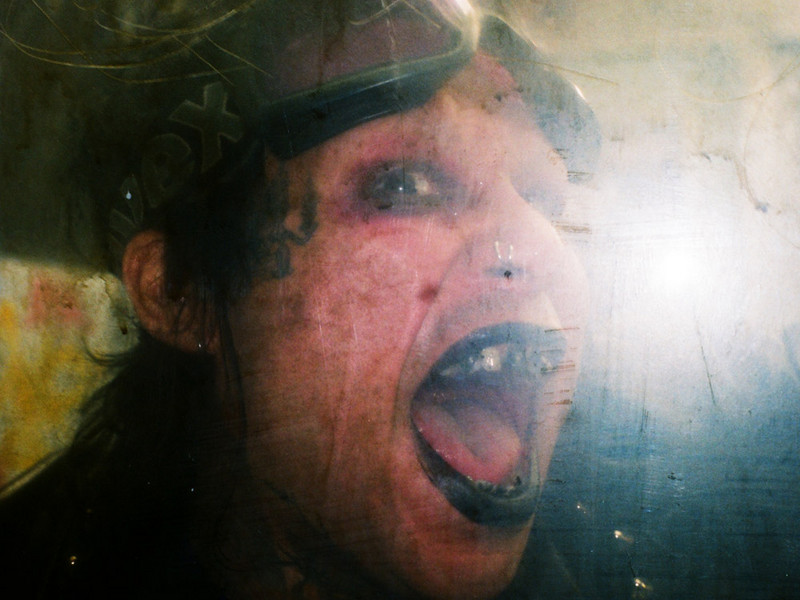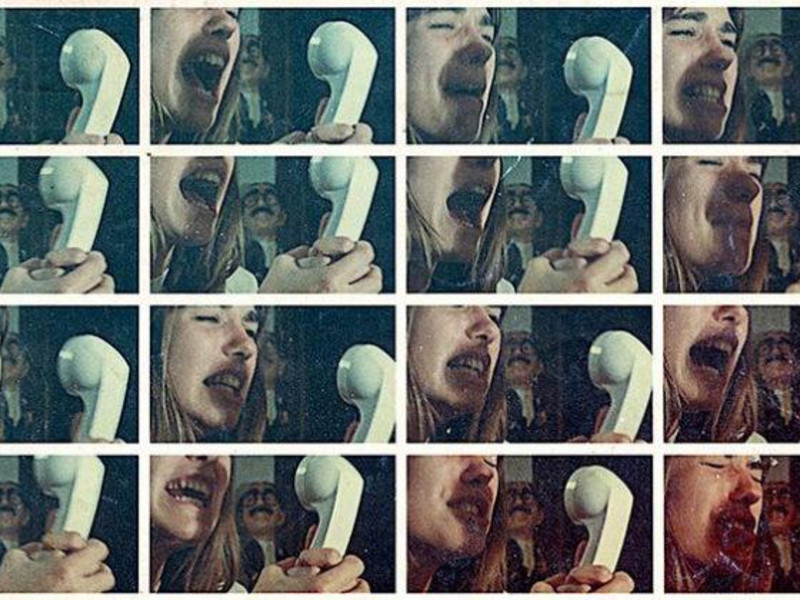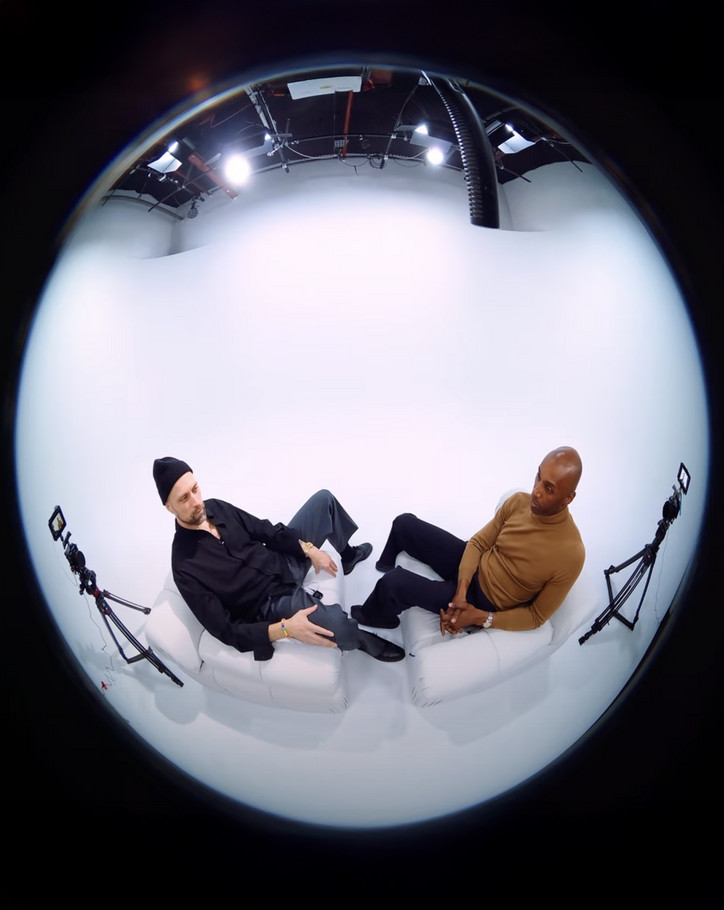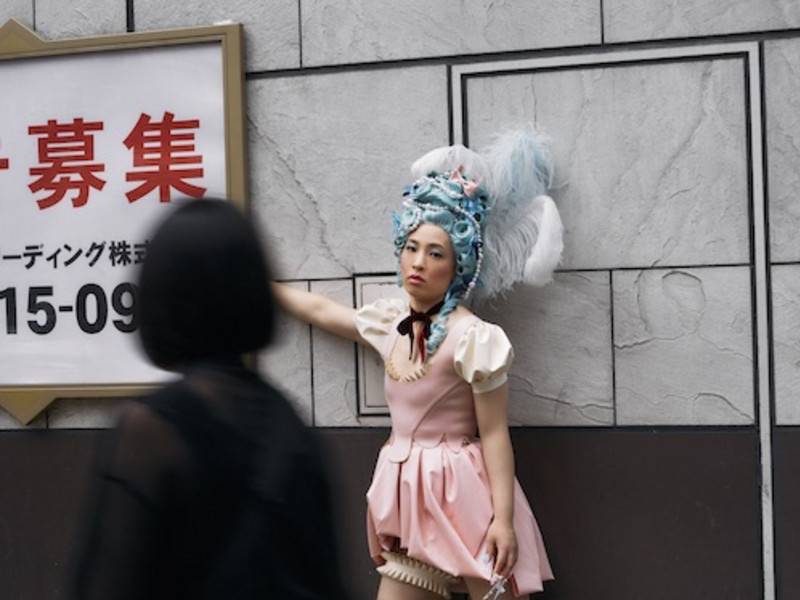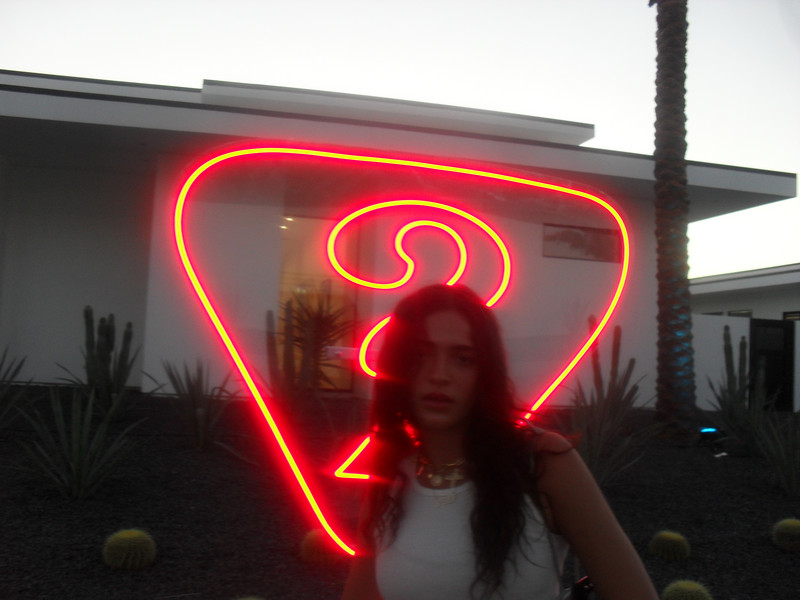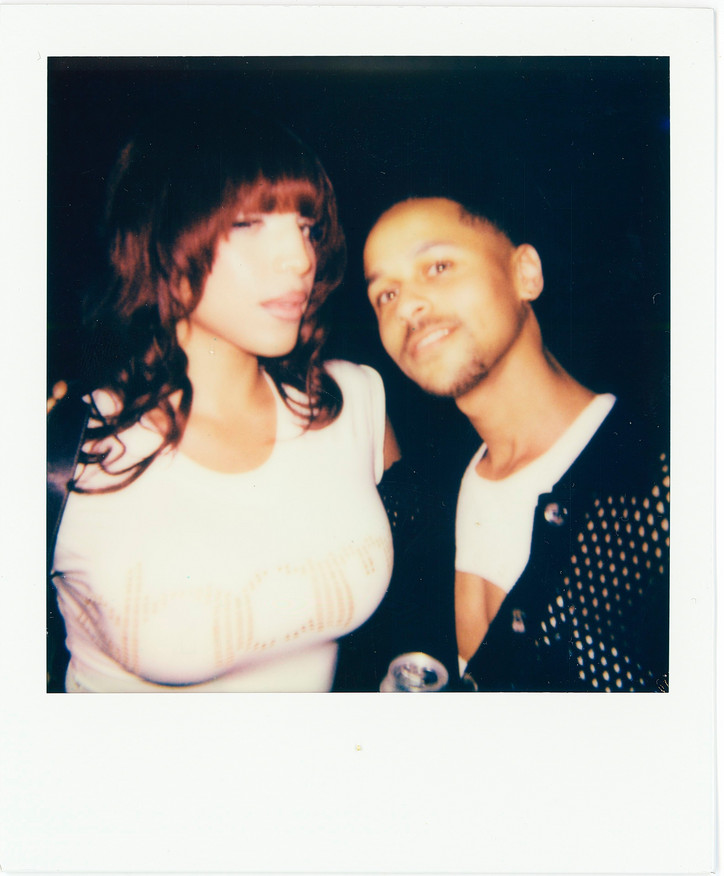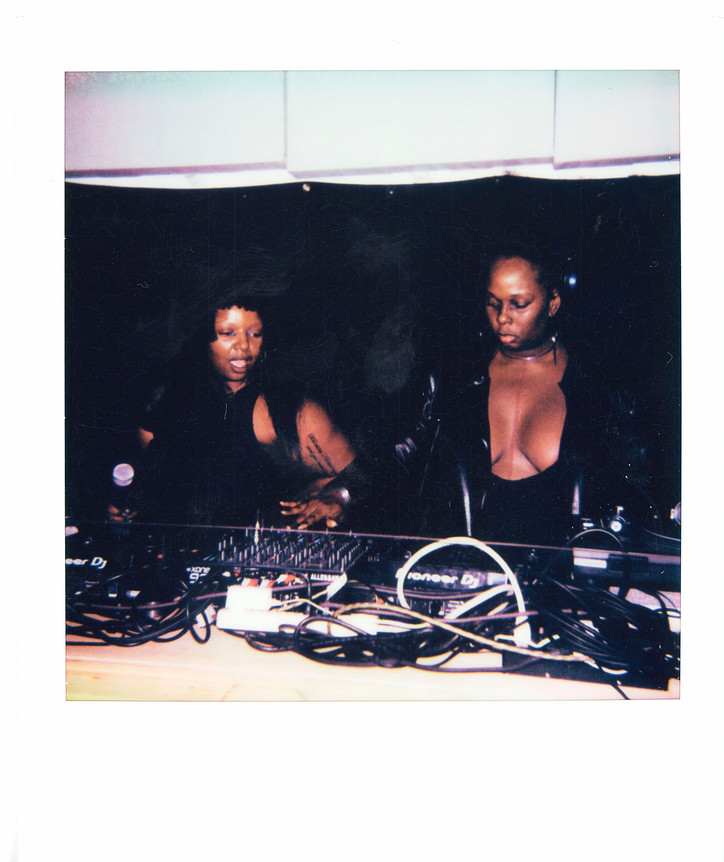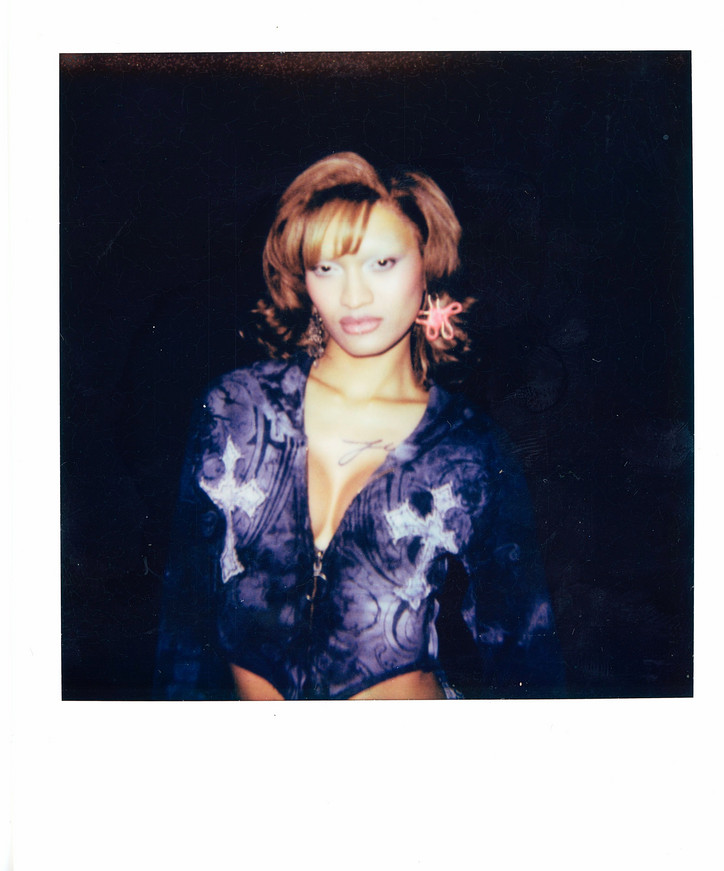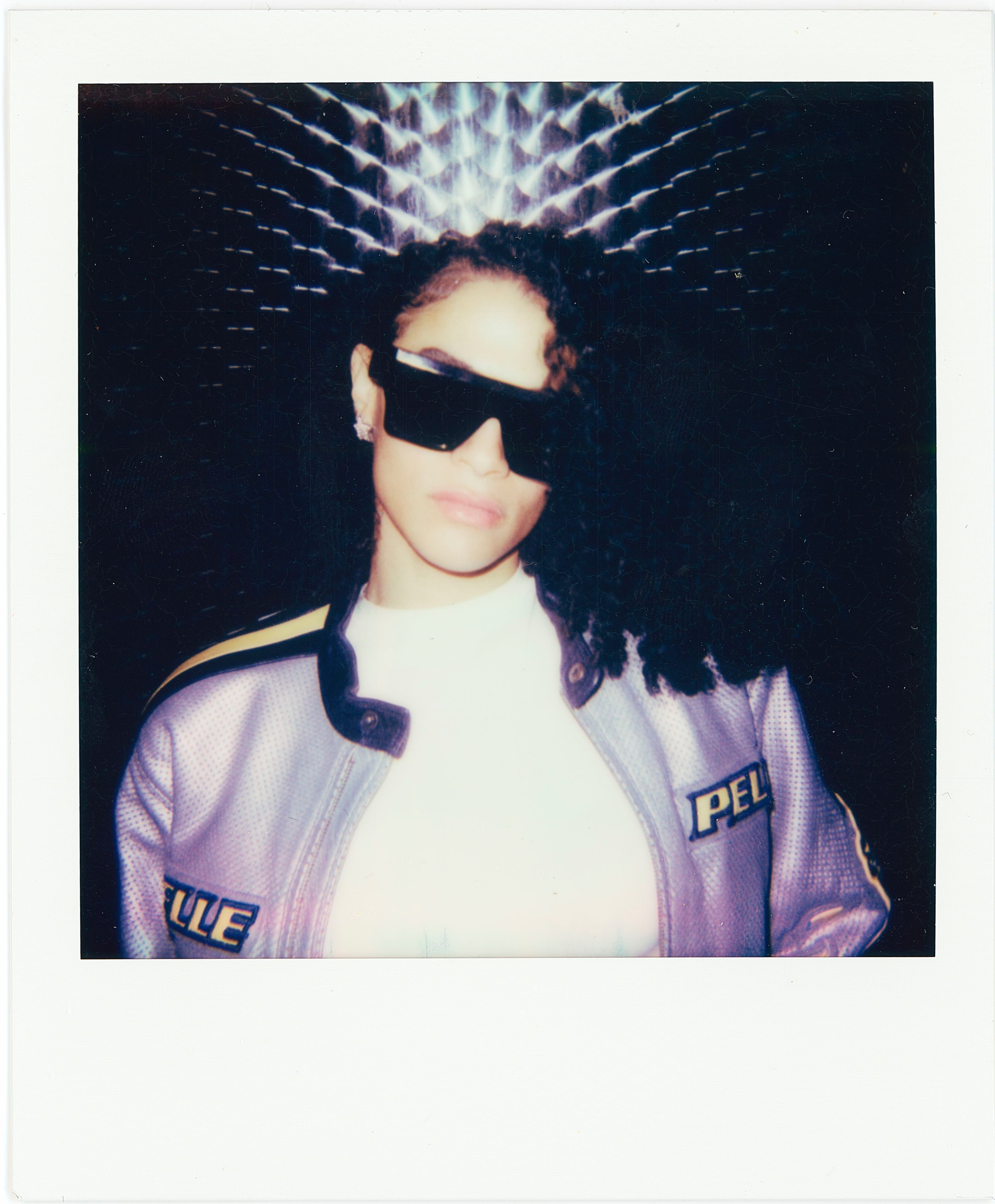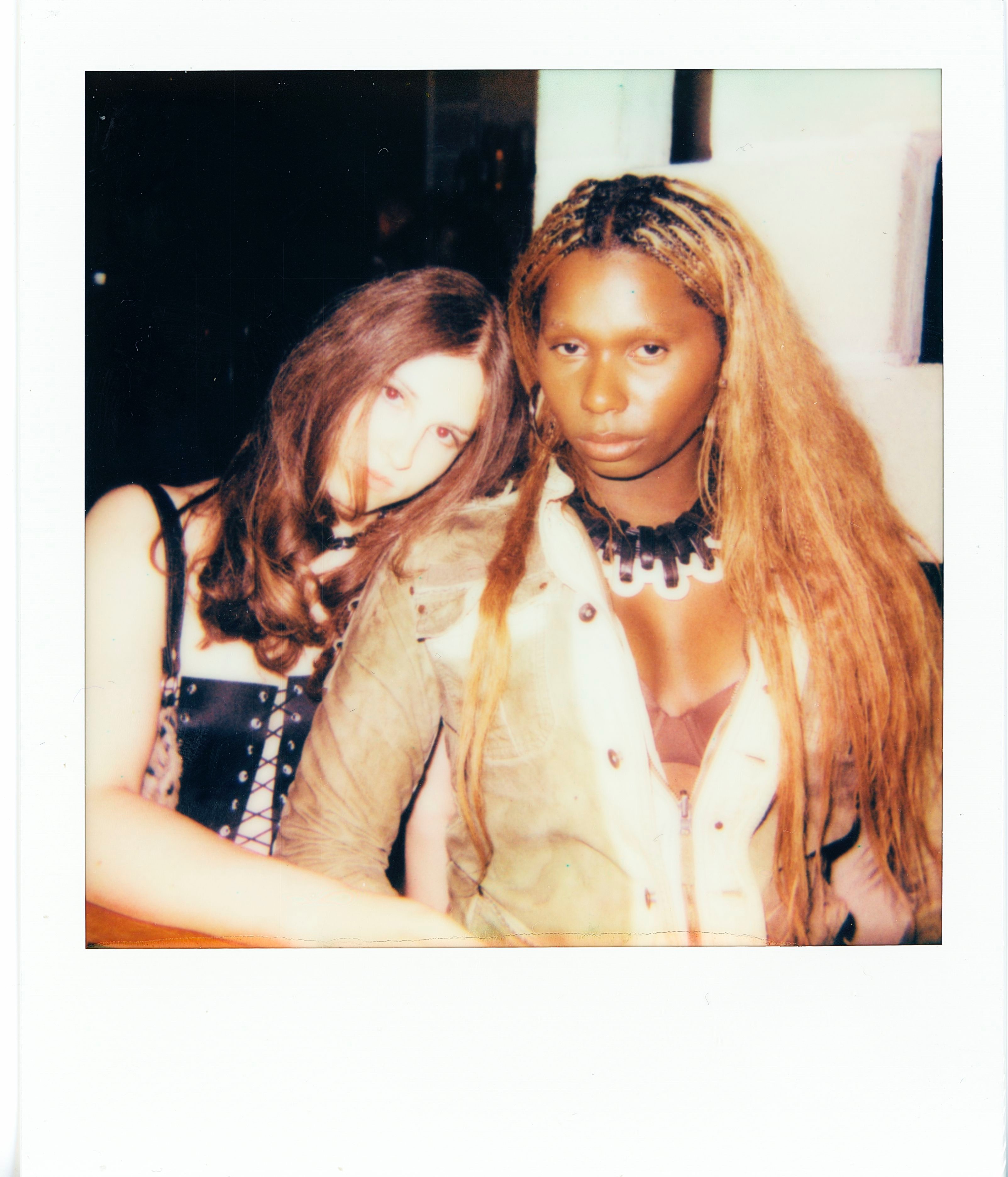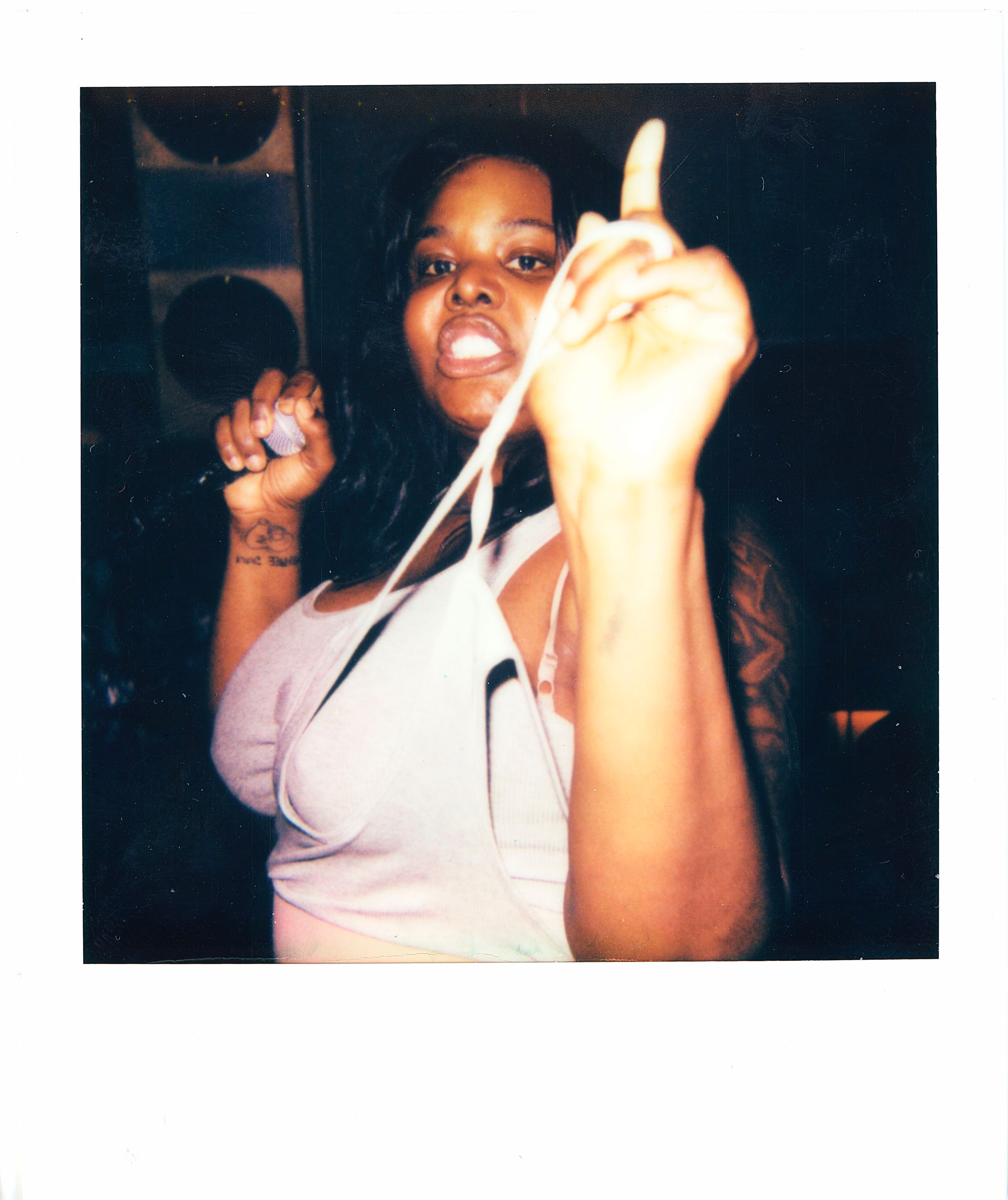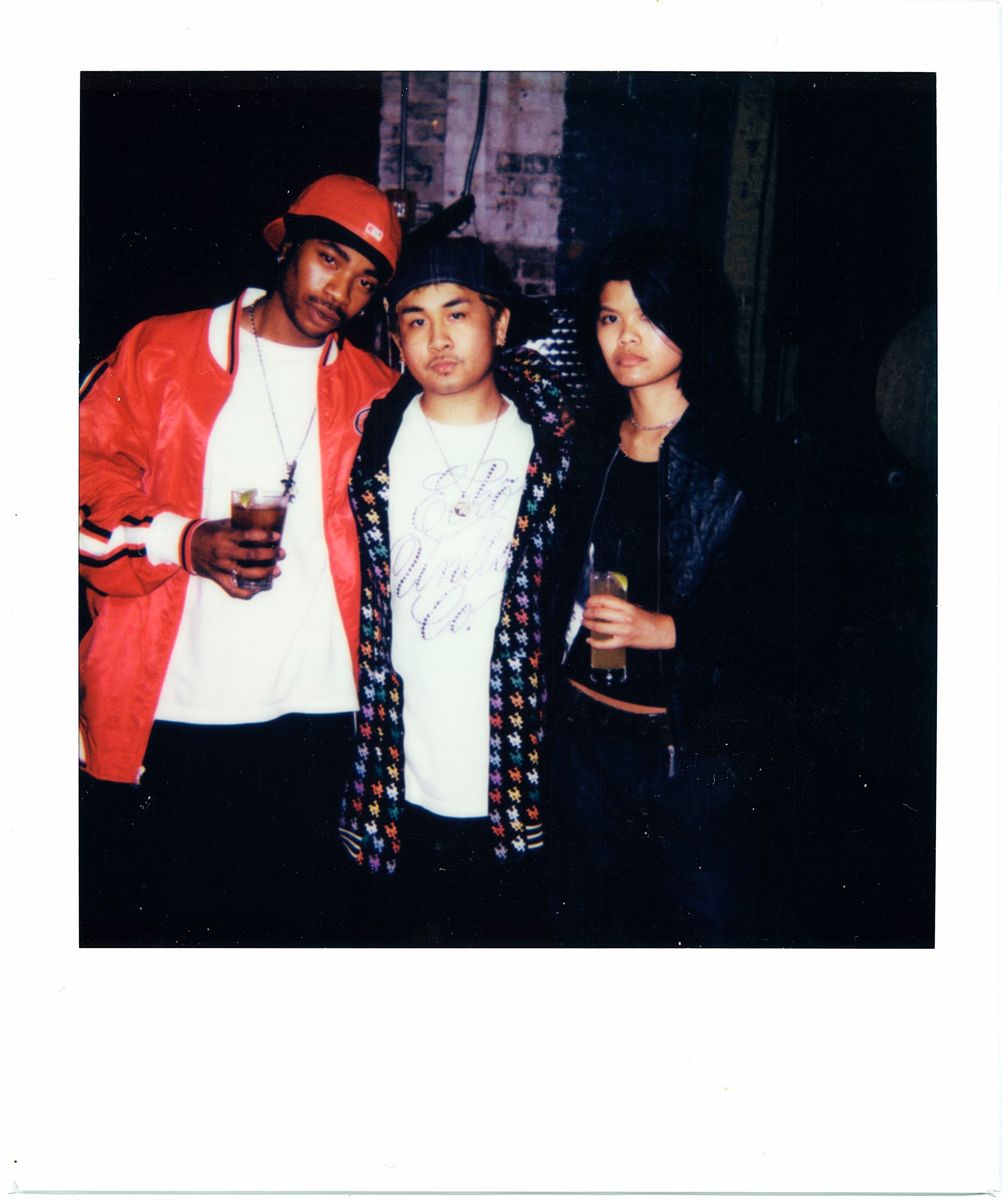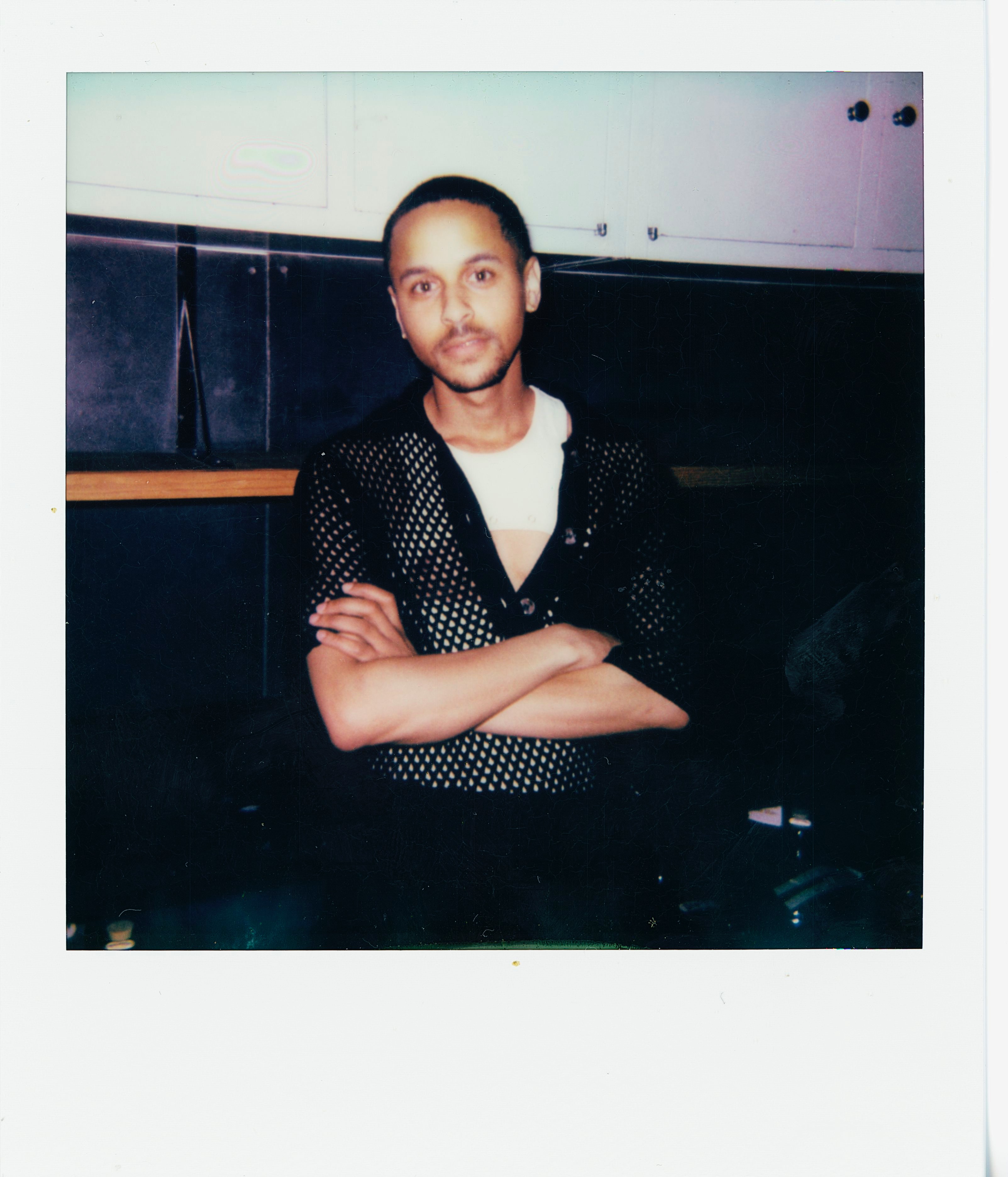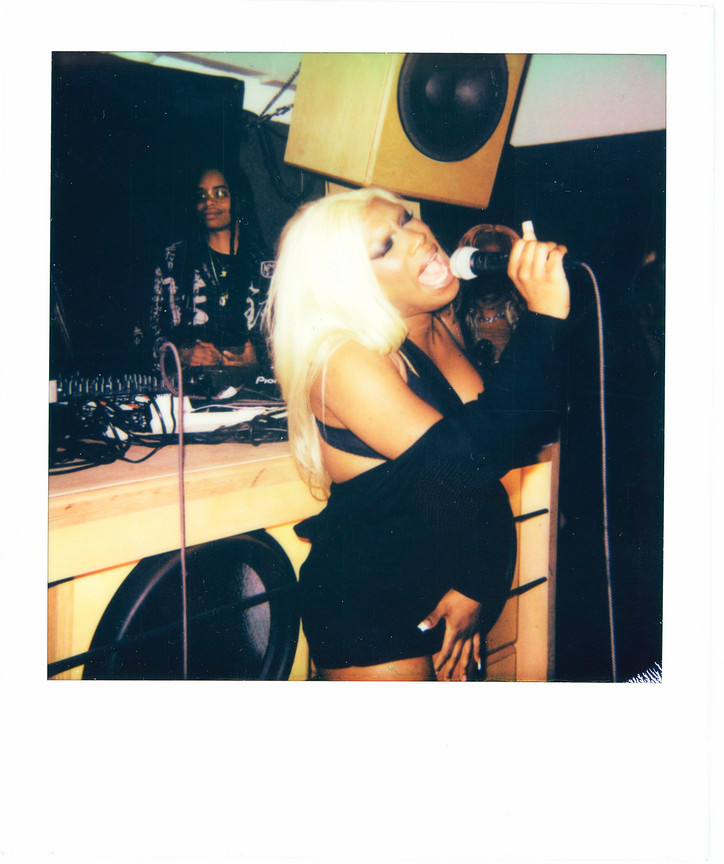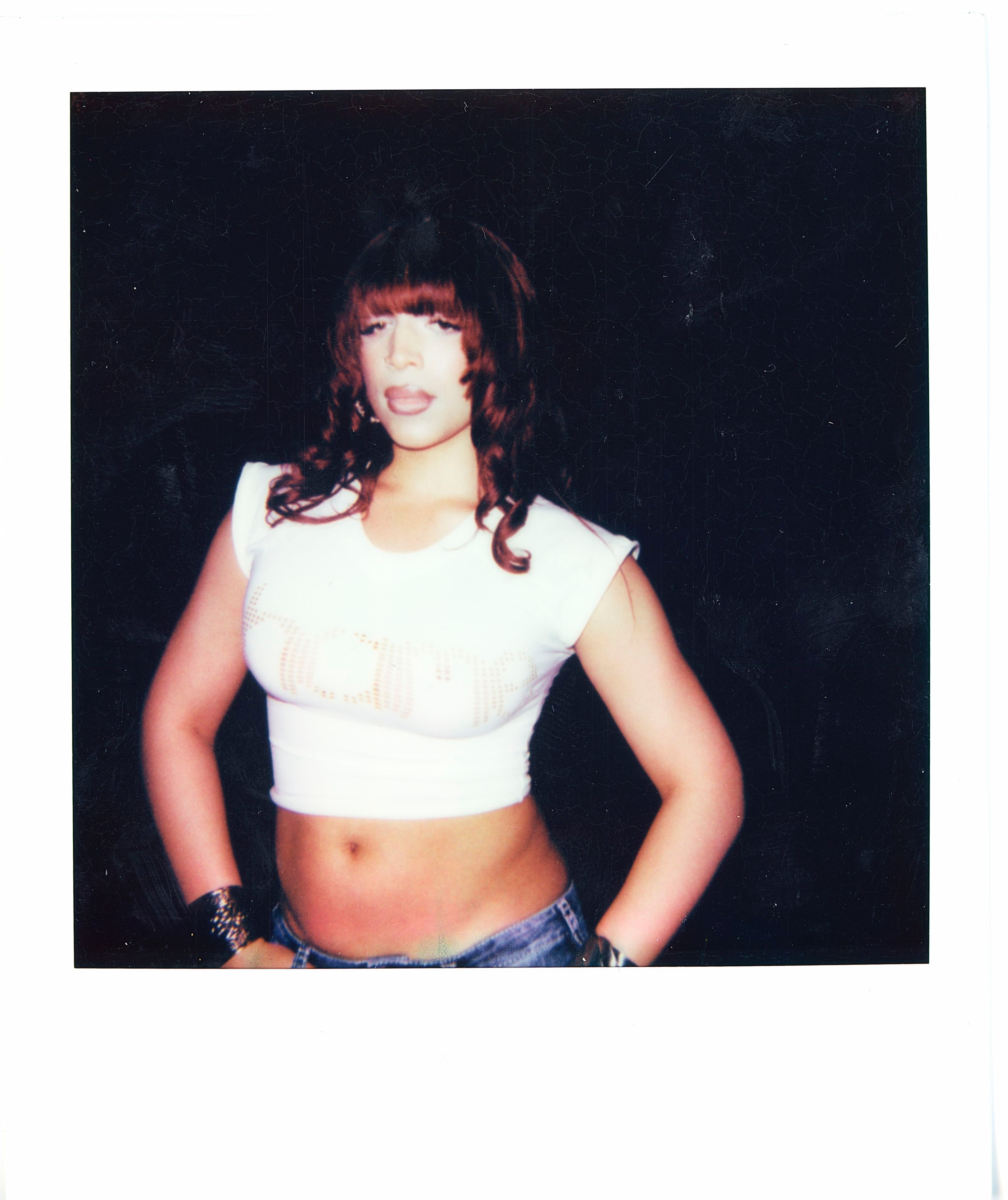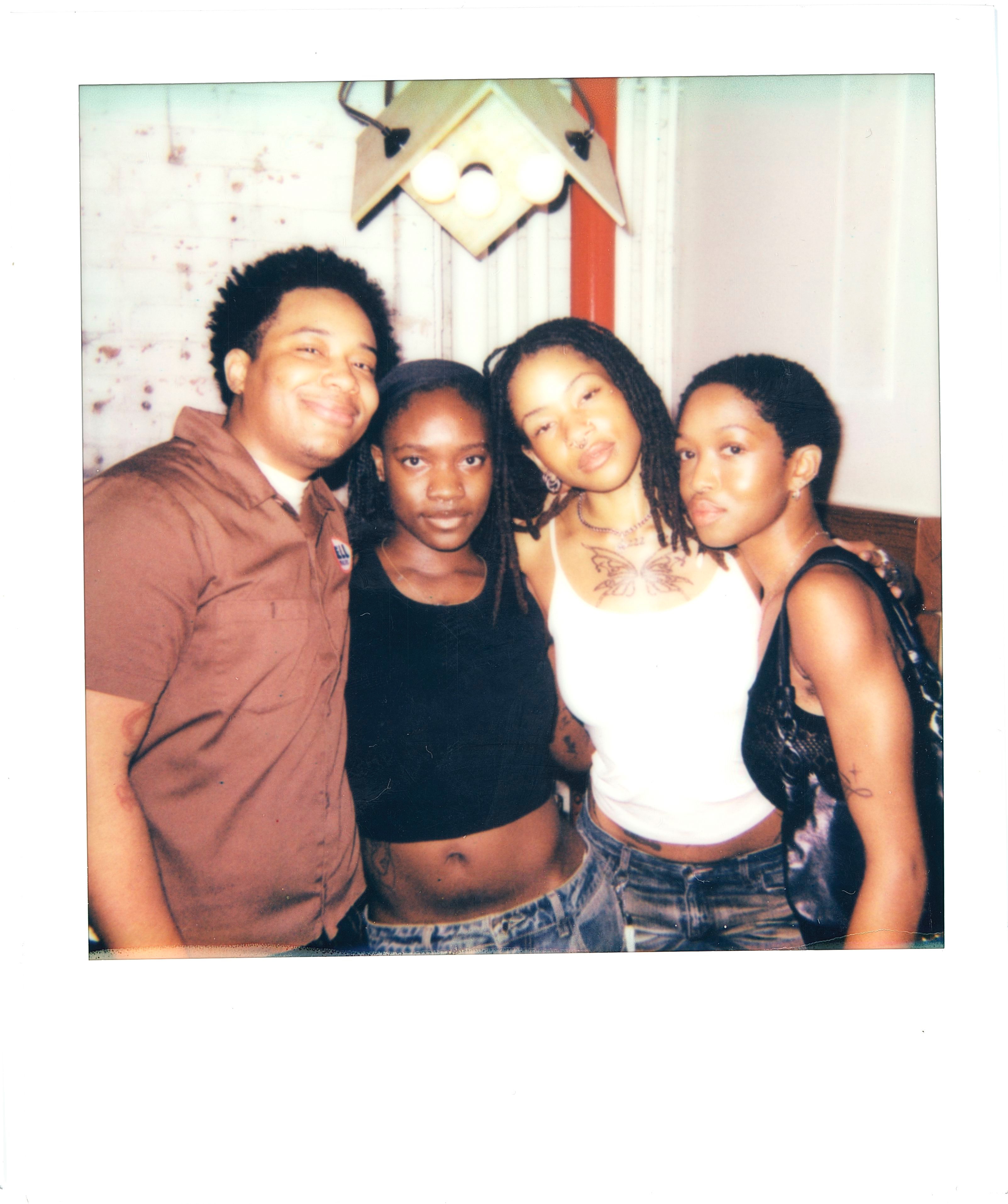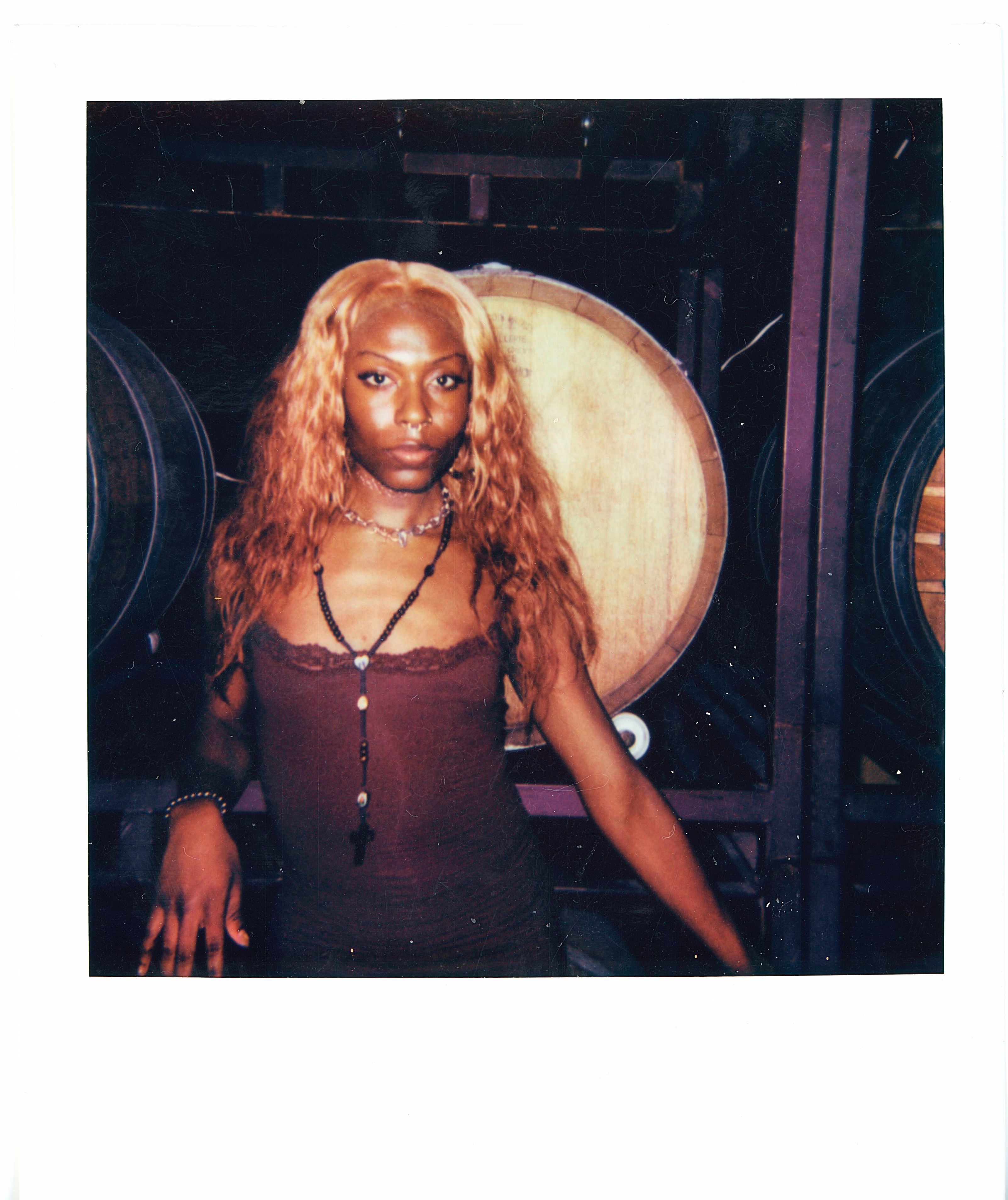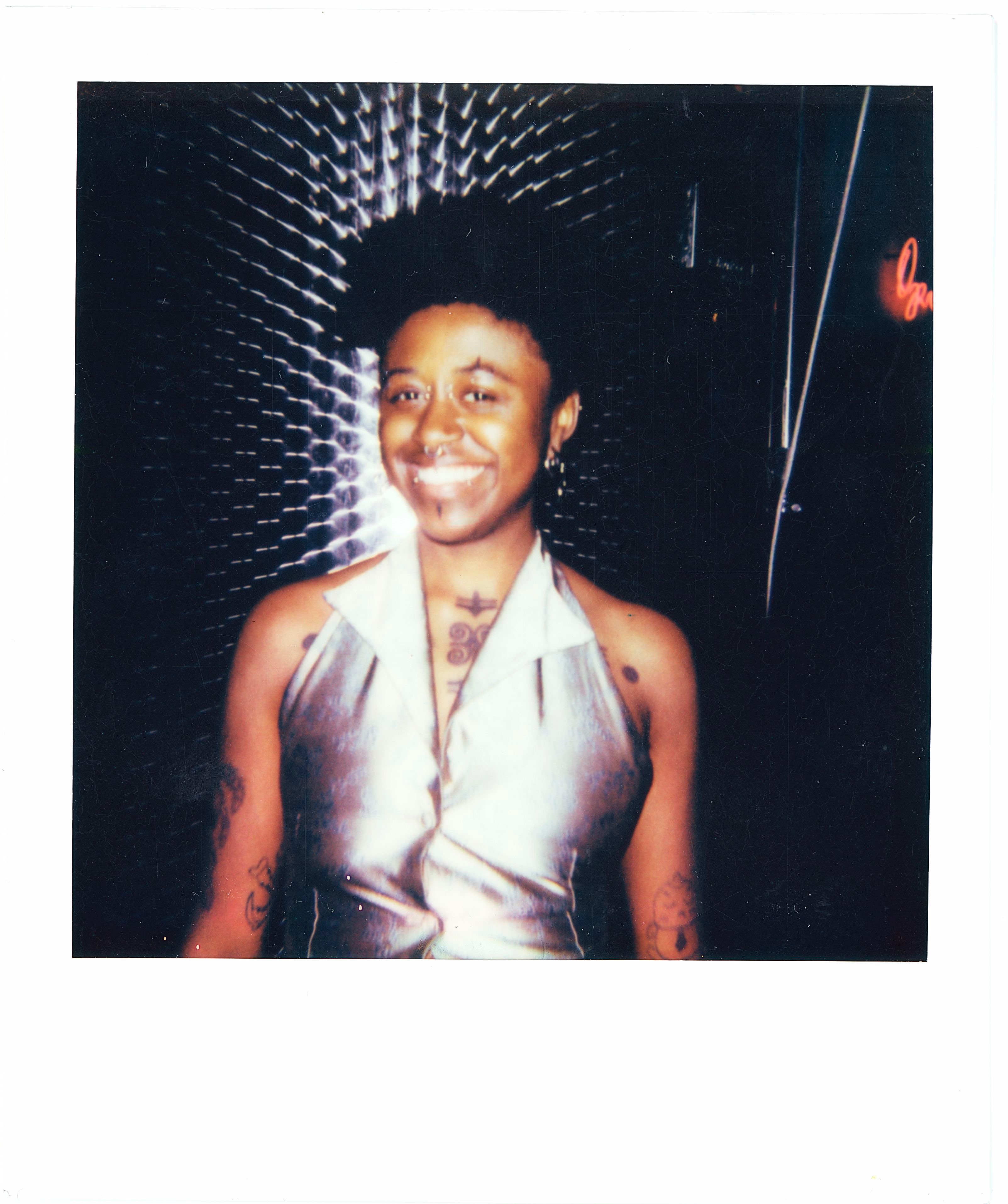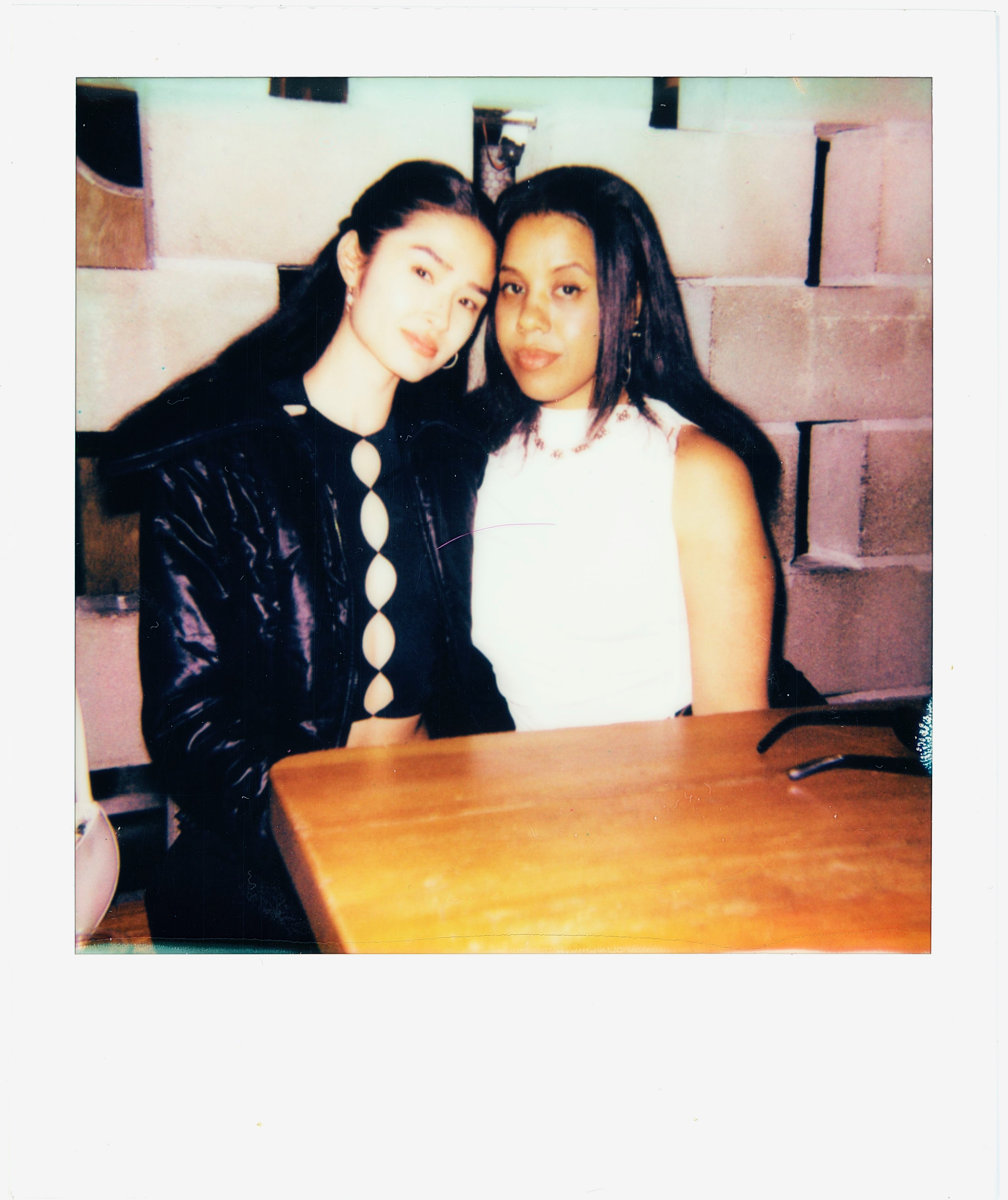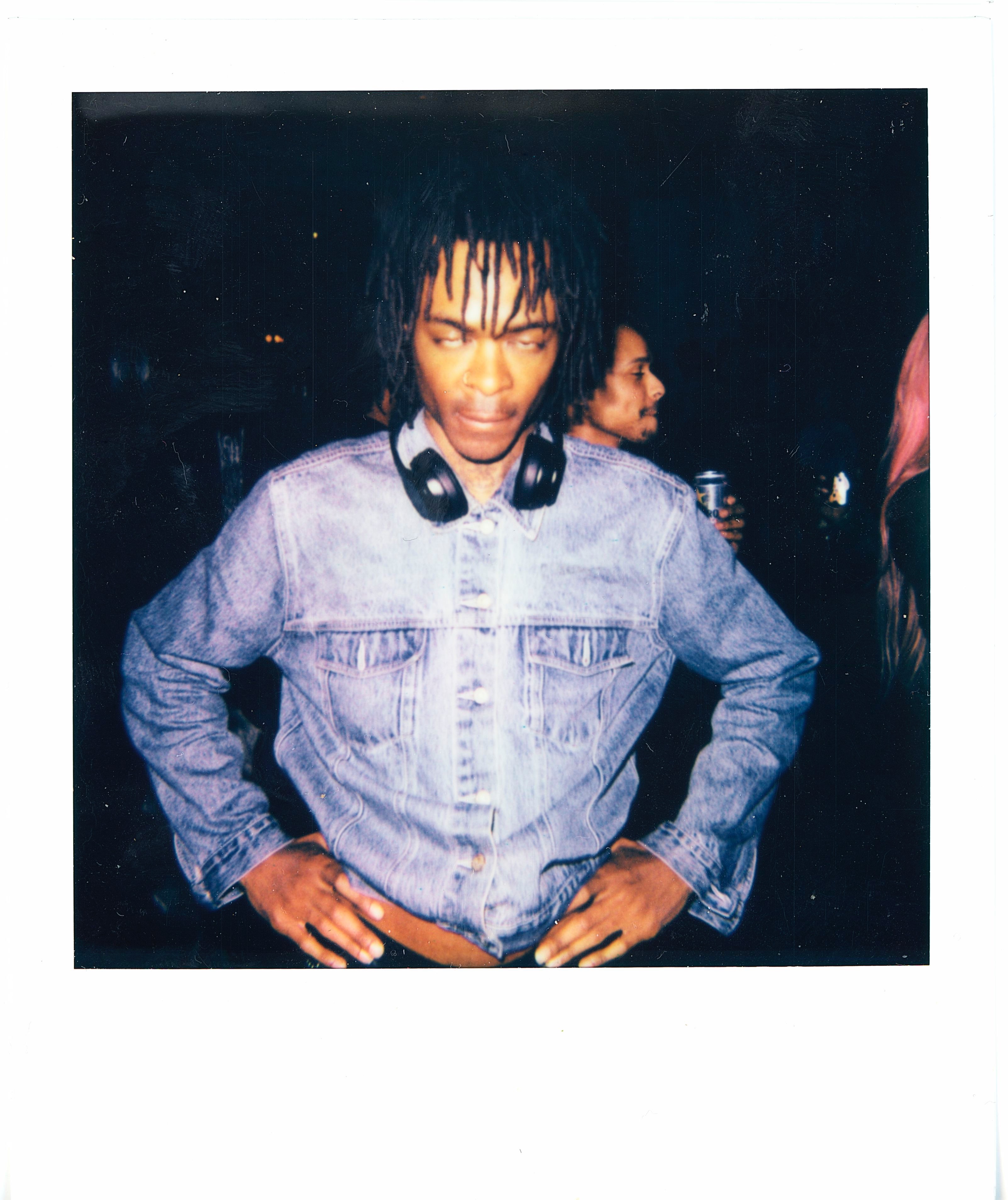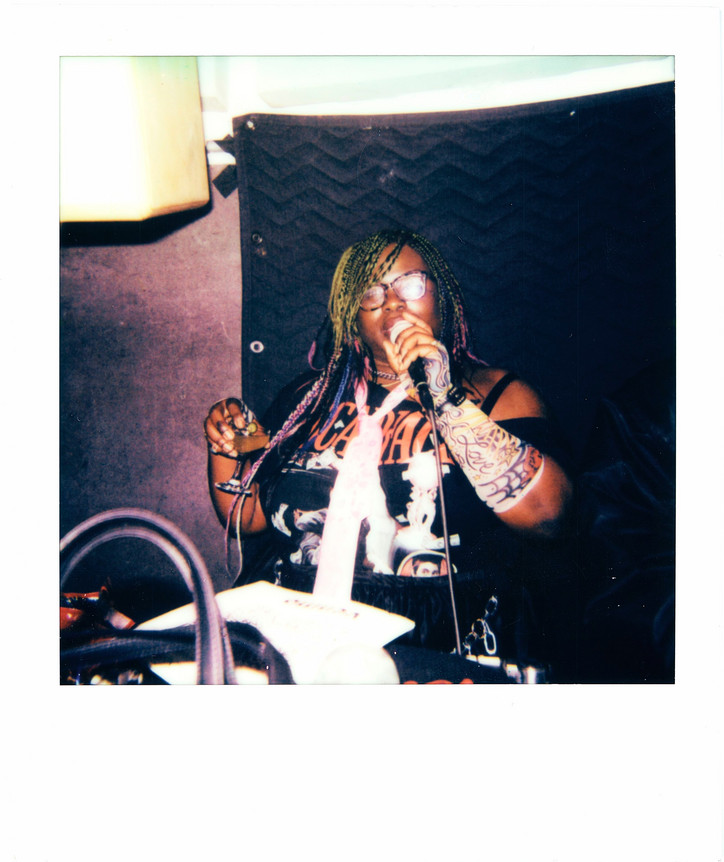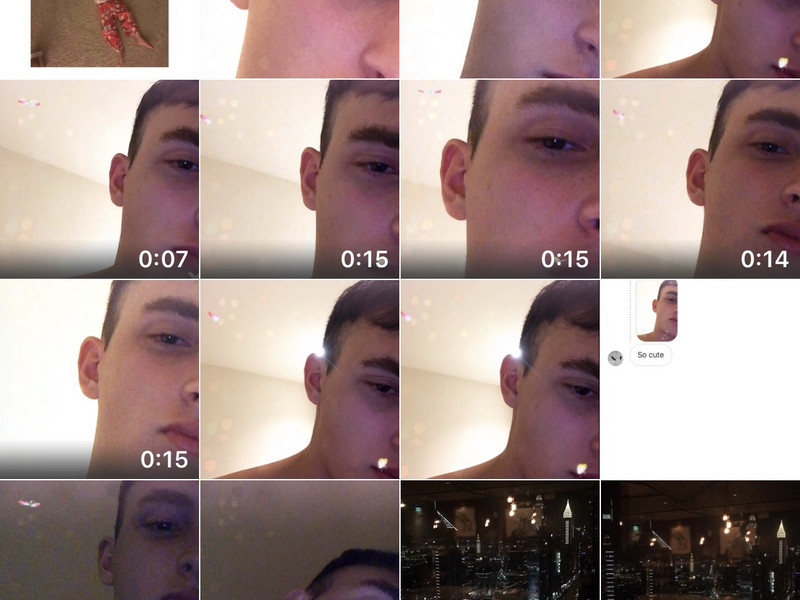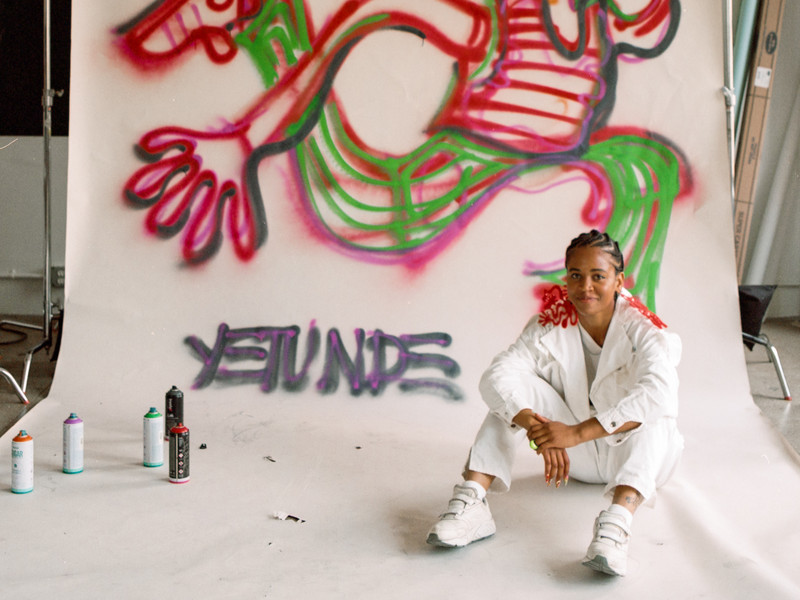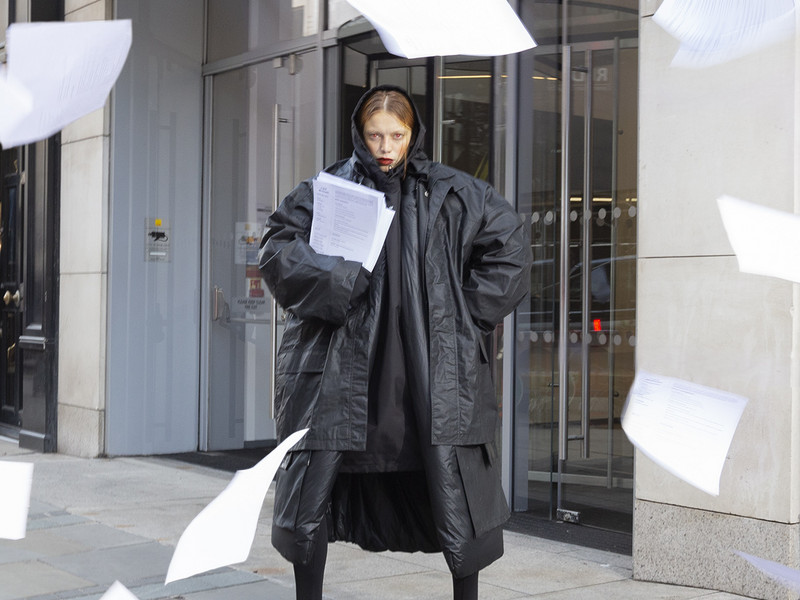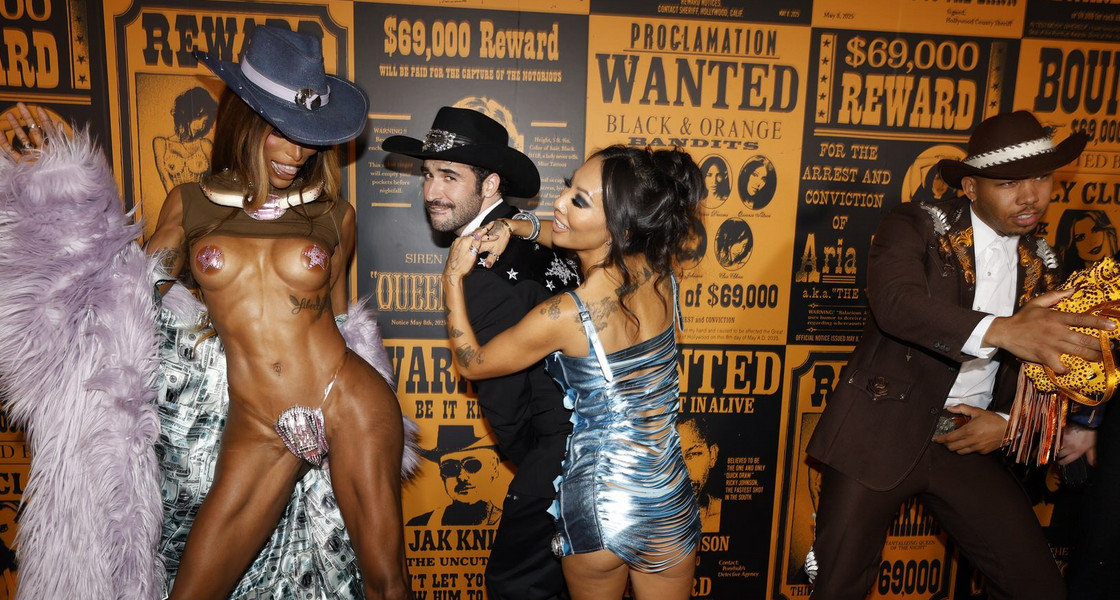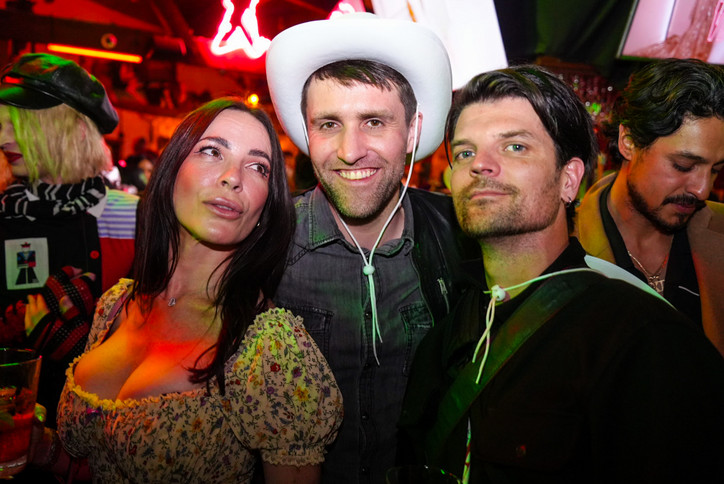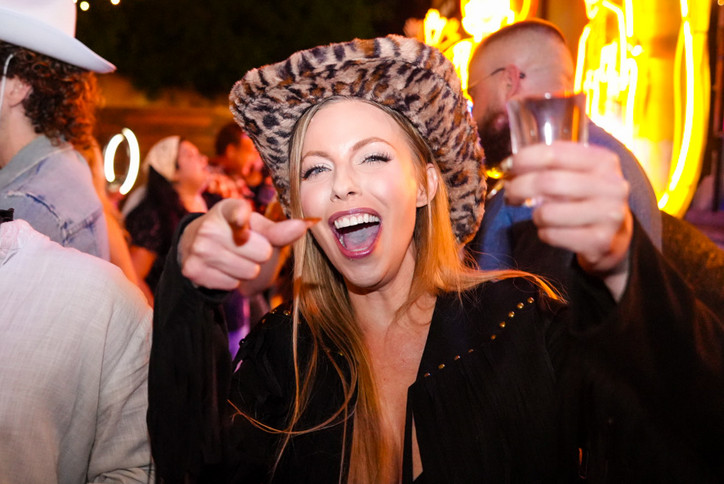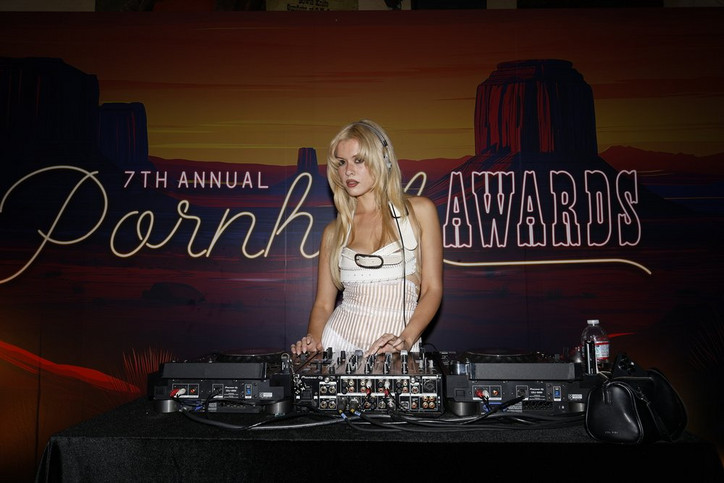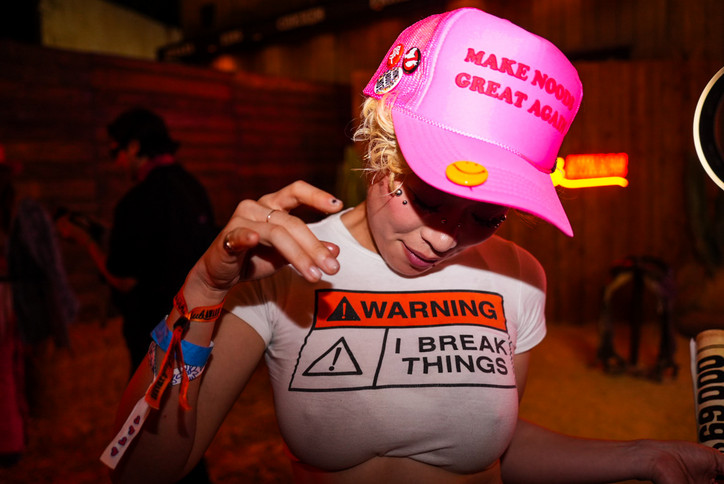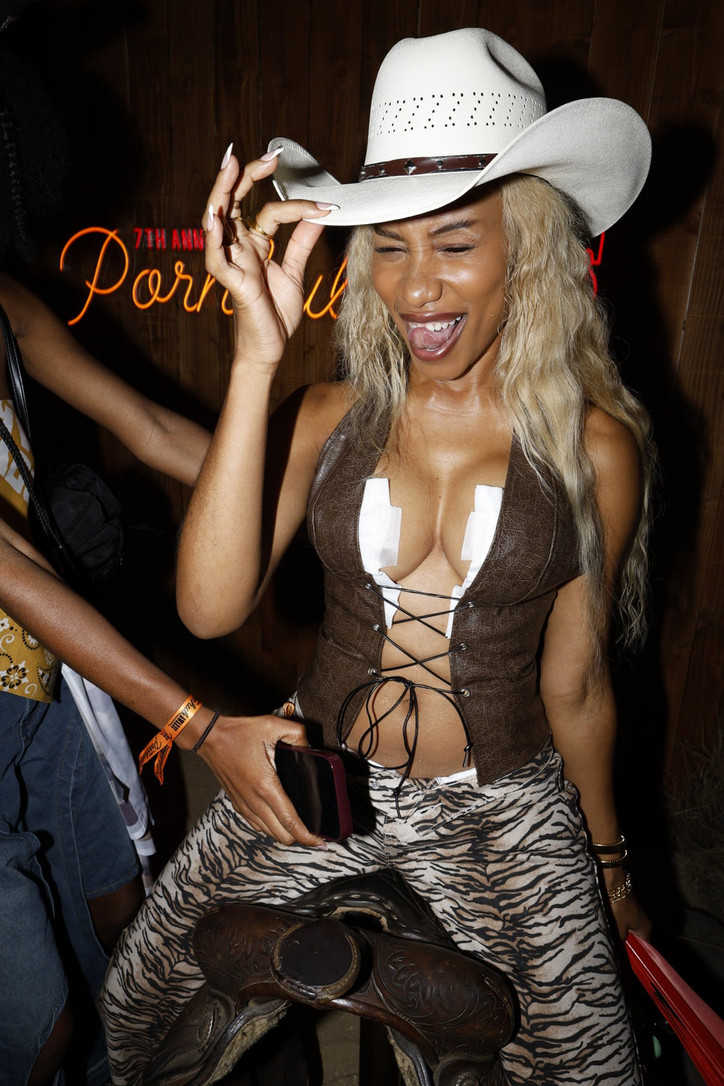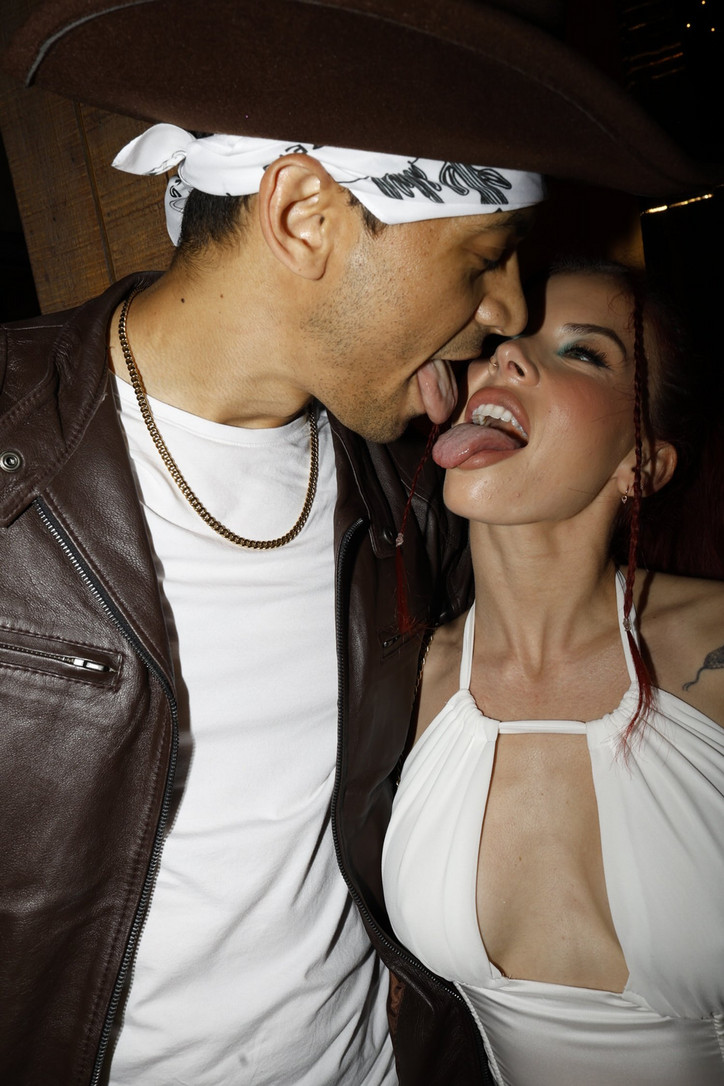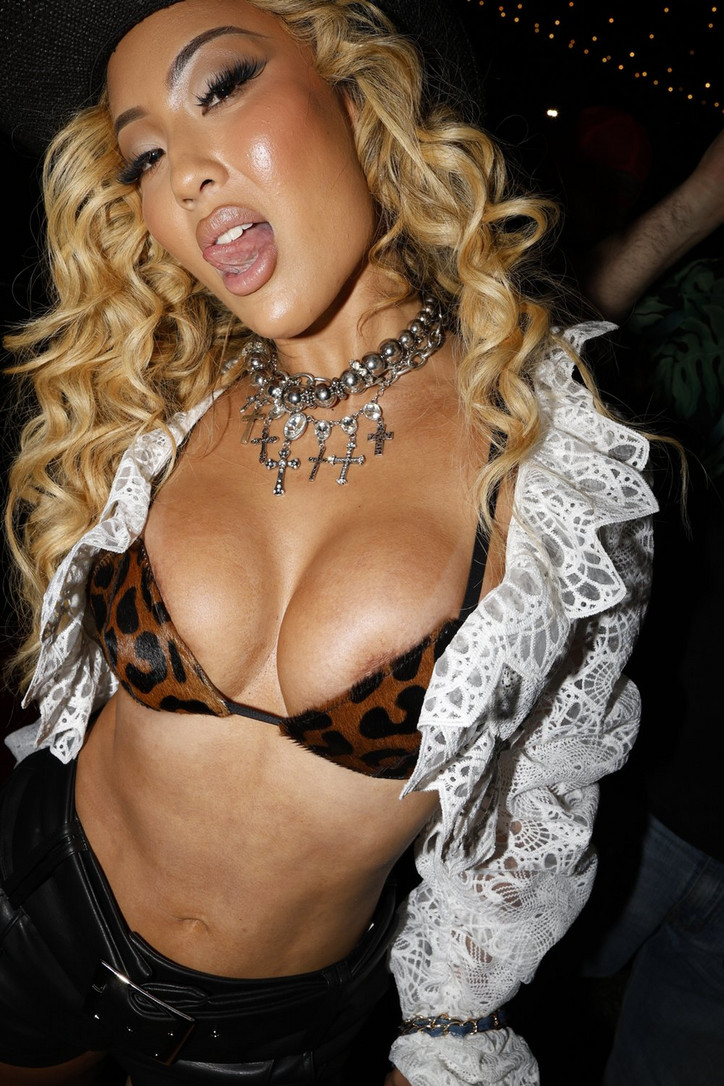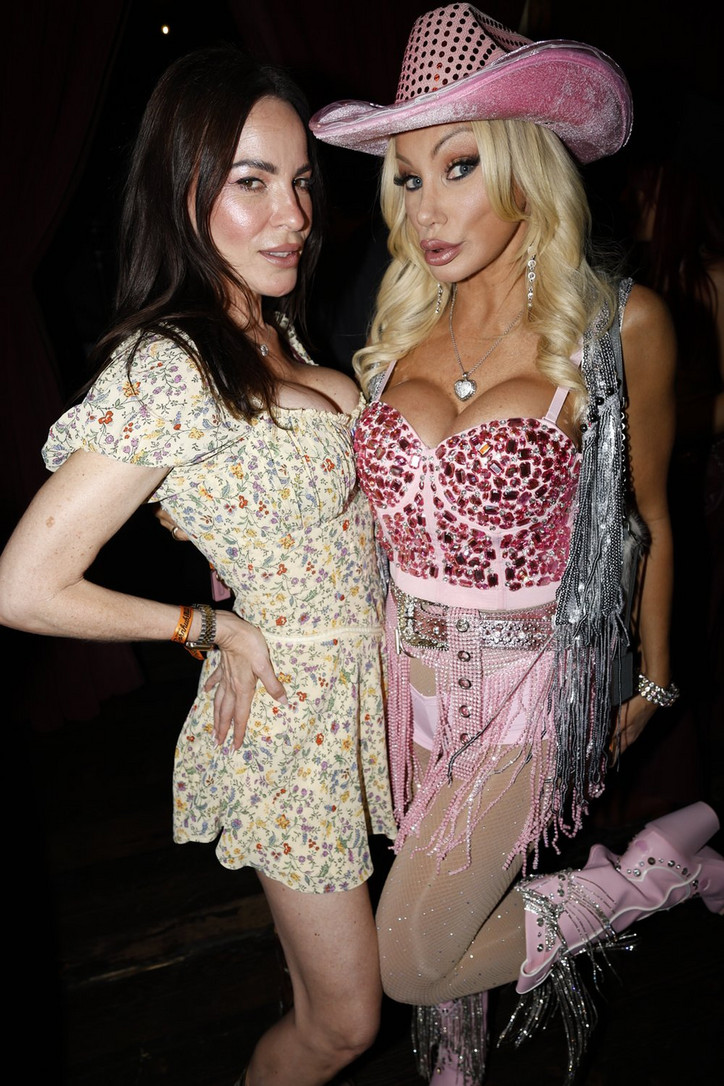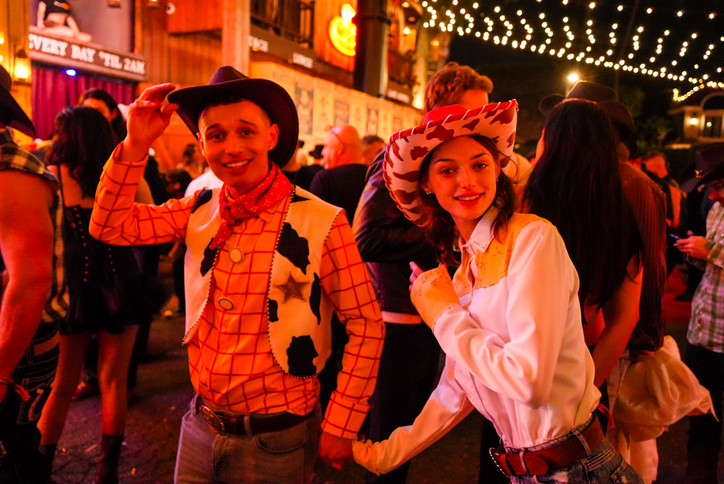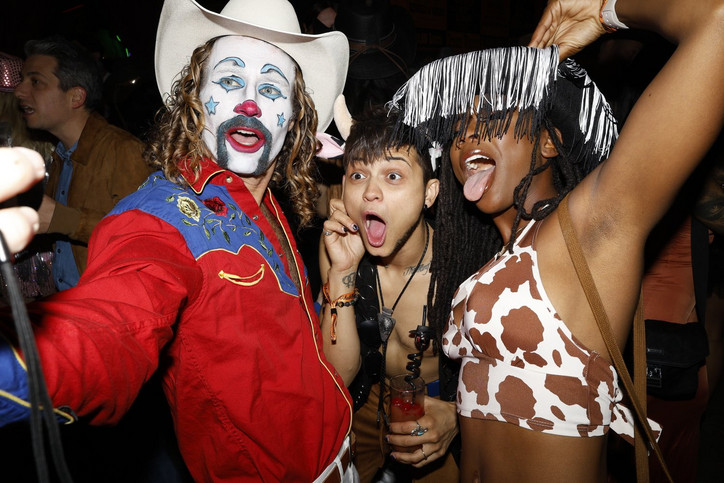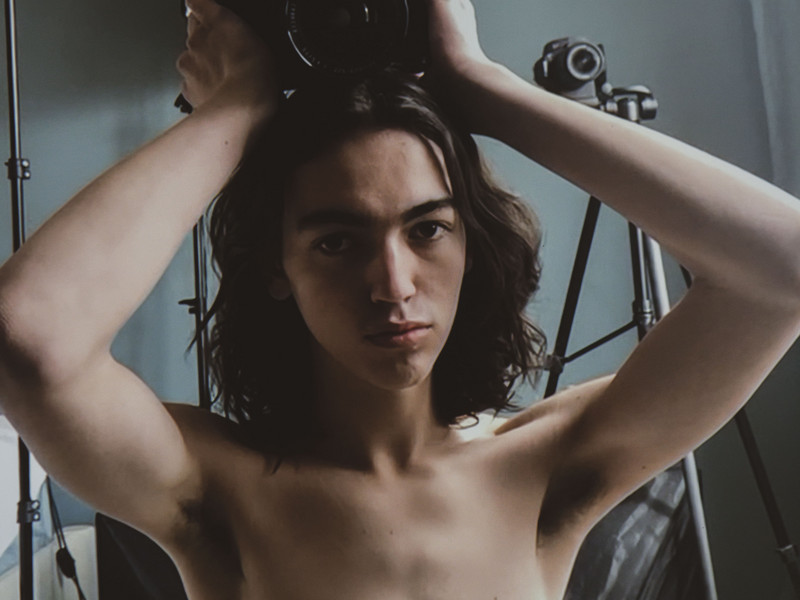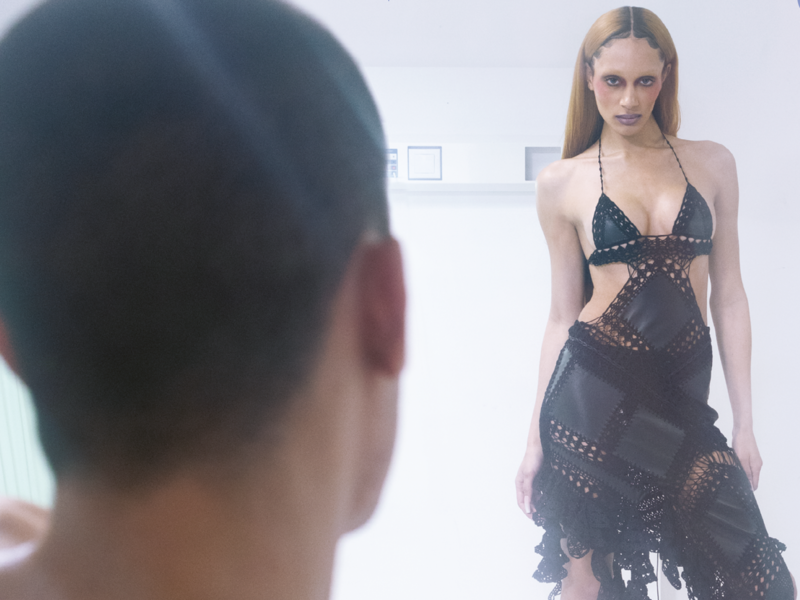Relinquishing Hope & Seeking Truth
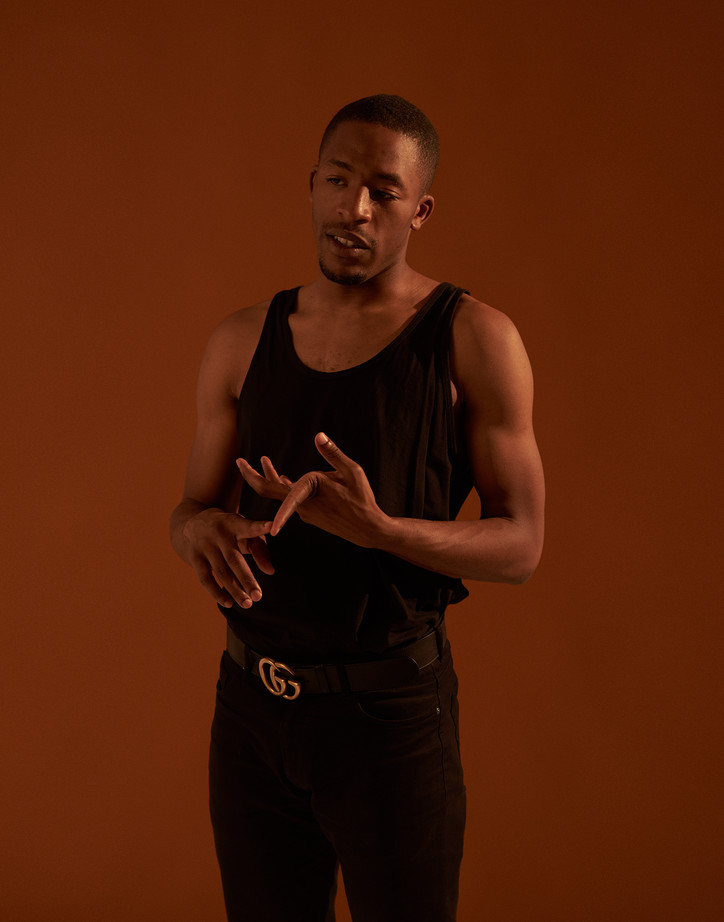
Your recent body of work Euthanasia Party / Twenty Seven centralizes the themes of death and loss, with the title presumably as a nod to the 27 Club and the popular artists who lost their lives at this age. Has there been a particular event has lead you to reflect upon death in this way?
In London, in 2007, there were 26 young people who were shot or killed in the capital. The years either side of it were equally violent, but so many friends were robbed or rushed or stabbed or mobbed or shot at, such that it became part of daily life. This period of time really had an impact on the way I approached life, friends and acquaintances were falling like flies and so it was almost as if, perhaps as a defense mechanism, I learnt to appreciate life as a fleeting thing. Live for the moment, appreciate the people around you and do what the fuck you want. Feel no guilt; it's your one and only life that could be snatched away from you in a heartbeat. 2017 marks a decade from that period in time, and London has changed and so too has my relationship to life and sex and death. I wanted to document that change and do so in a way that honors previous iterations of myself, whilst also cementing the passions and desires of my present self. EP27 was the project that enabled me to do that, and it's probably my proudest work to date.
The Poetry Session event you hosted at Boiler Room HQ in London earlier this month saw some great performances from young, London-based poets including yourself, Soph LS and Abondance Matanda. Is there a strong sense of community within the poetry and spoken word scene in London or do you have to dig deep to find these emerging talents?
It's funny because I don't necessarily think of myself as being part of a "scene", and if so then certainly not part of a spoken word scene. I think the main thing that links me to the poets that I choose to work with on the sessions and other projects is a shared philosophy or appreciation for a certain creative ideal. The poetry sessions are a space for writers and musicians to try things out and collaborate and exist in a space that is intended to give way to nihilism. Those who enter are either already there, ideologically speaking, by way of declaration or rather more subtly are showing alignment with this idea through the content, form and delivery of their work. I tend to find that I am drawn to these sorts of people. They are rare, so when I see them I snap them up! Anyone who shows any inclination towards rebellion against social or ethical or creative norms is someone whose perspective I want to hear and all the poets at these sessions are those kinds of people.
Poetry by minorities have traditionally fallen into the category of “politics” and/or “sociology,” Do you view the internet as being an important tool in opening up this narrow view of poetry and the voices within it?
I don't know if the Internet is changing the fact that some people still view work by minority (disclaimer: I hate the term "minority") writers as living purely within those categories, if they even do. For me there is no one social or ethnic group which has a monopoly on poetry and so from my perspective it exists as a meritocracy, where those who have the most engaging work are granted the accolade and the plaudits, despite their background identity (personally, not in terms of national awards or honors, only in my estimation here). Again, that is only my perspective and I'm very aware that everyone does not share this perspective, in particular maybe those in decision-making positions. So when publishers or literature festival promoters do their outreach, they may still impose distinctions knowing that particular Tumblr blogs or YouTube channels or whatever the medium may be, features younger writers, black writers or gay writers and they still go about conducting their business with these individuals in the same way. I almost think it can't be helped to a great extent, so I just do my own thing and people can categorize it however they want to.
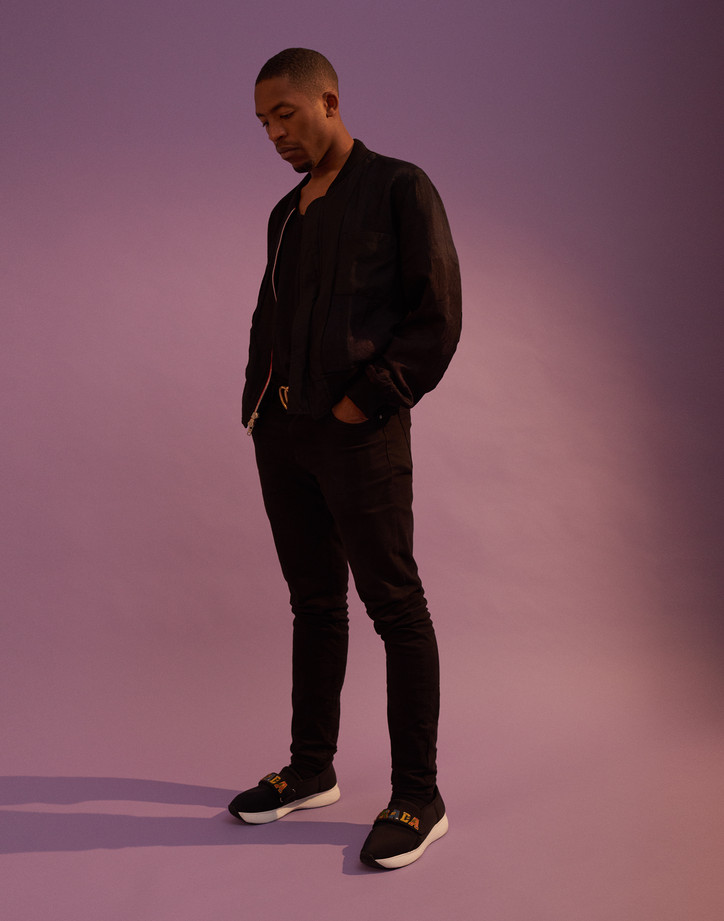
There’s a rather beautiful but perhaps romanticized idea of poetry being the least popular and packageable medium and the freedom of expression that this affords. How do you view this in line with your own work?
I'd say that as a poet who has worked on commissions for other people, it could be quite lucrative at times. I suppose in comparison with other forms of literature and performance there may be less demand for it, but within certain pockets it's demand is concentrated and if you're able to find that niche then you'll be just fine. I guess it could be argued that poetry exists in many places and is popular with many people in forms they may not recognize. Many adverts and their associated copy rely on poetic forms for their structures and pop songs and plays use rhyme and rhythm in ways not too dissimilar from the ways in which poets use these devices in their work.
With this in mind, it’s interesting that you acknowledge the constraints of poetry as a medium, given the hierarchy of elite poets in your piece A Real Poem. It’s great to see a poet turning poetry on its head and examining the inordinate importance placed upon stuffy traditions. Was there an element of wanting to encourage more young people and more diverse voices into poetry in this?
I think that it was less about encouraging others as it was about encouraging myself, to continue pushing the boundaries for the sake of allowing me more freedom to explore and experiment. There are expectations on writers from certain backgrounds to think and work in a particular way, and as a writer from such a background, there are opportunities that may not be thought suitable for me because of the assumptions that people have made about me by looking at me rather than at my work and in the same breath, people will offer me things that really don't suit for the same basic reason. It's more of a critique of identity politics and the ways in which some people look to absolve their guilt through tokenism as much as it is a dig at anything else which it may address.
You wrote a really great essay on empathy and the disproportionate value society places upon it. Were you suggesting that an attempt at empathizing with others actually leads to complacency with regards to social issues, rather than an attempt to change things?
Not as such. I subscribe to a school of thought known as psychological egoism, which states that all human behavior is fundamentally motivated by self-interest and as such; an individual's intentions are made evident by their actions. Empathy is not an action, in the way that many people think it is, empathizing is not something you physically do. It is merely a thought exercise. Calls for empathy will not bring about the sort of change that people who call for it will want to see, as I illustrated in the essay it is possible to empathize with someone and still do something that individual finds to be distasteful. Empathy, like love, is immeasurable and therefore a weak mechanism for judging the will or intentions of a given individual.
In your 5X15 talk, you tackle the idea of intolerance on the left, something that is particularly pertinent and very much needed in the current political landscape and one that resonates strongly within the US as well. Do you feel hopeful that opening up these important discussions will lead to change?
I don't know if the change people talk about, often in broad brushstrokes, is what I'm passionate about. I'm almost apolitical, having dedicated a lot of emotion and time and energy to conversations and actions in the name of change in times past, only to realize that there are some things in life that never will. There will always be winners and losers in any situation involving the desires of large groups of people who are bound by a shared geography rather than a shared ideal, as within nations. I think that I have forfeited hope for something else, stoic acceptance maybe, with a deterministic worldview it's almost as if I accept some things will always be against the favor of someone or other. I just know that what I do is all I have responsibility for, not the actions of others, be they politicians or policymakers in other realms. I do what I can to look after those that I care about in more direct and acute ways, micro rather than macro and therefore detached from the wider "political landscape" in some ways.
Much of what you do offers a snapshot into London life, is it important for you to share stories and experiences which are specific to your geographic location over touching upon more global or universal themes?
I think it happens almost by default in my case. I also don't think the two are mutually exclusive. London and the lifestyle here serves as the lens through which I view the world and its inhabitants, but the themes of death and self-determination and sexuality are all universal themes, so it's the ability to ground my writing in my own experience, but to build monuments that can be seen from afar by virtue of the skill employed in constructing them as works of art that offer an insight into the broader human experience.
